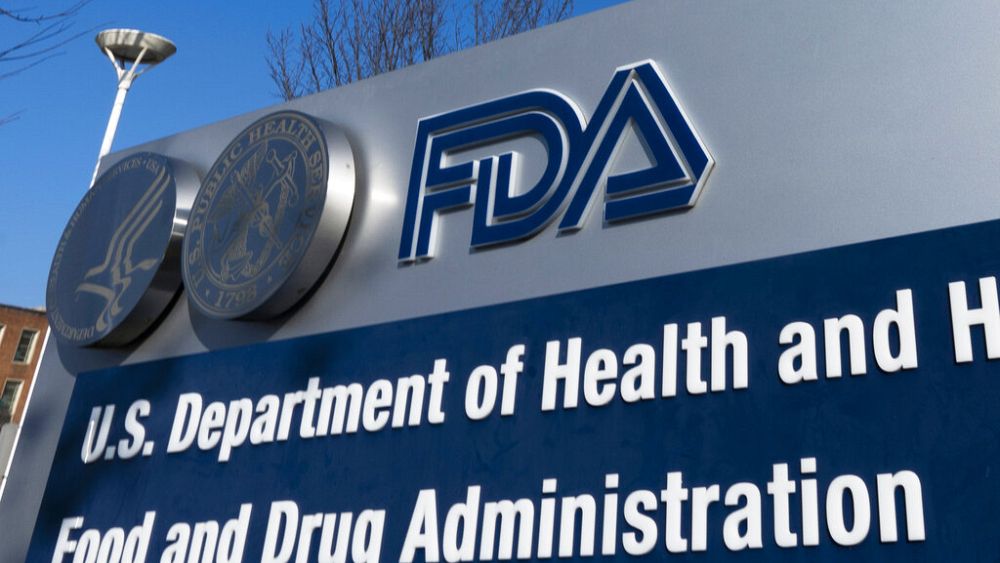
Donanemab has proven to slow disease progression by several months in some patients but has also shown serious side effects.
Eli Lilly and Co. is seeking Food and Drug Administration approval of Donanemab. If cleared, it would be only the second Alzheimer’s treatment convincingly shown to delay the mind-robbing disease — after the recently approved Lecanemab, which is sold under the brand name Leqembi, from Japanese drugmaker Eisai.
“Finally there’s some hope, right, that we can talk about,” Lilly’s Dr John Sims told reporters Monday at the Alzheimer’s Association International Conference in Amsterdam.
“We don’t cure the disease,” he said. “Diabetes doesn’t have a cure either — it doesn’t mean you can’t have very meaningful treatments for patients.”
Both Donanemab and Leqembi are lab-made antibodies that target amyloid build-up in the brain. And both drugs come with a serious safety concern: brain swelling or bleeding that in the Lilly study was linked to three deaths.
Scientists say that, while these drugs may mark a new era in Alzheimer’s therapy, huge questions remain about which patients should try them and how much benefit they’ll really notice.












